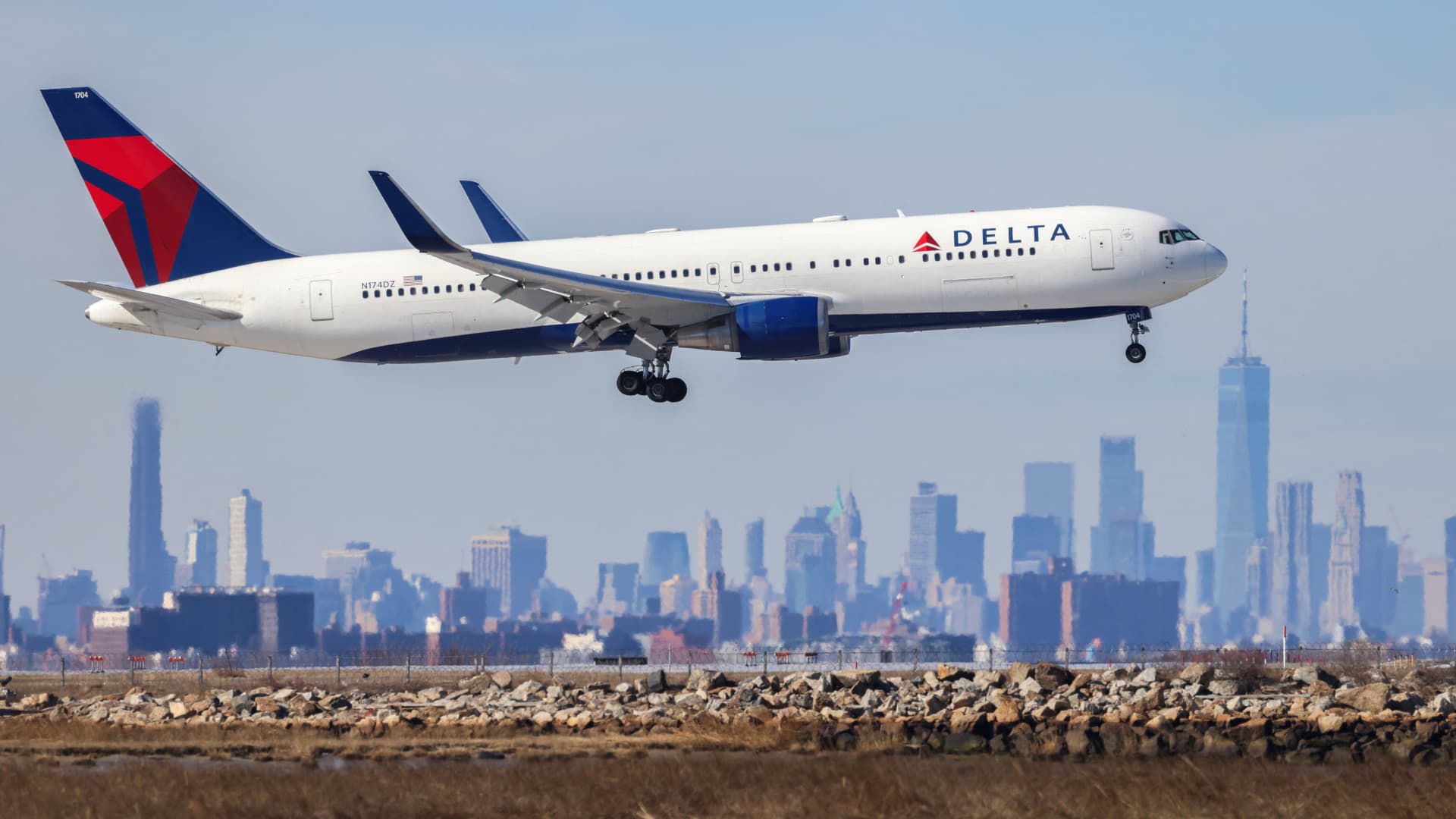Virgin Orbit is scrambling to secure a funding lifeline and avoid bankruptcy, which could come as early as this week without a deal, CNBC has learned.
The rocket builder paused operations last week and furloughed most of the company, as CNBC first reported, while it sought new investment or a potential buyout.
Virgin Orbit CEO Dan Hart and other senior leadership held daily talks with interested parties through the weekend, according to people familiar with the matter, who asked to remain anonymous in order to discuss internal matters.
During an all-hands meeting last week, Hart told employees that the company hoped to give an update on the situation as soon as Wednesday.
Meanwhile top talent is already hitting the job market: Many of Virgin Orbit’s approximately 750 employees are looking elsewhere for openings. That talent ranges from executives to senior and lead engineers to program managers who are actively searching for and finding new jobs, according to a CNBC analysis.
While a door remains open to avoiding bankruptcy, people close to the situation describe a sense of panic as the company struggles to get a deal done. One possible buyer balked at a proposed sale price of near $200 million, one person told CNBC — a price just below the company’s market value as of Friday’s close.
At the same time, Virgin Orbit is bracing for a potential bankruptcy filing as soon as this week, one person said. Virgin Orbit hired a pair of firms — Alvarez & Marsal and Ducera Partners — to draw up restructuring plans in the event of insolvency, CNBC has learned. Sky News first reported the firms had been hired.
A Virgin Orbit spokesperson declined to comment.
Shares of Virgin Orbit have continued to fall since its pause in operations, with its stock slipping to near 50 cents a share in Monday trading.
The company developed a system for sending satellites into space that uses a modified 747 jet, which drops a rocket from under the aircraft’s wing midflight. Its last mission suffered a midflight failure, and its rocket failed to reach orbit.
The company was spun out of Richard Branson‘s Virgin Galactic in 2017 and counts the billionaire as its largest stakeholder, with 75% ownership. Mubadala, the Emirati sovereign wealth fund, holds the second-largest stake in Virgin Orbit, at 18%.
But the company has struggled to sustain its cash coffers. It went public in December 2021 near the tail end of the SPAC craze and was unable to tap the markets for fundraising in the same way as its sister company Virgin Galactic, which built its cash reserves to more than $1 billion through stock and debt sales.
Virgin Orbit aimed to raise $483 million through its SPAC process, but significant redemptions meant it raised less than half of that, bringing in $228 million in gross proceeds. The funds it did manage to raise came from Boeing and AE Industrial Partners, among others.
Virgin Orbit has been looking for a financial lifeline for several months. Branson was not willing to fund the company further, people familiar said, and instead shifted strategy to salvaging value.
Since the fourth quarter, Virgin Orbit has raised $60 million in debt from the investment arm of Branson’s Virgin Group — giving it first priority over Virgin Orbit’s assets. Around the same time, Virgin Orbit hired Goldman Sachs and Bank of America to explore other financial opportunities, ranging from a minority-stake investment to a full sale.
George Mattson, who sits on Virgin Orbit’s board of directors, has been heavily involved in the process of selling the company, people told CNBC. Mattson spent nearly two decades as a banker at Goldman Sachs, before co-founding the SPAC called NextGen, which took Virgin Orbit public at a $3.7 billion valuation.
Virgin Orbit disclosed in a filing Monday that it had approved a severance plan for top executives, if they are terminated “following a change in control” of the company. The plan covers Hart, as well as Chief Strategy Officer Jim Simpson and Chief Operating Officer Tony Gingiss, and includes paying out base compensation and annual bonuses. In the event of termination, Hart would receive a cash severance equal to 200% of his base salary, which is $511,008, according to FactSet.






